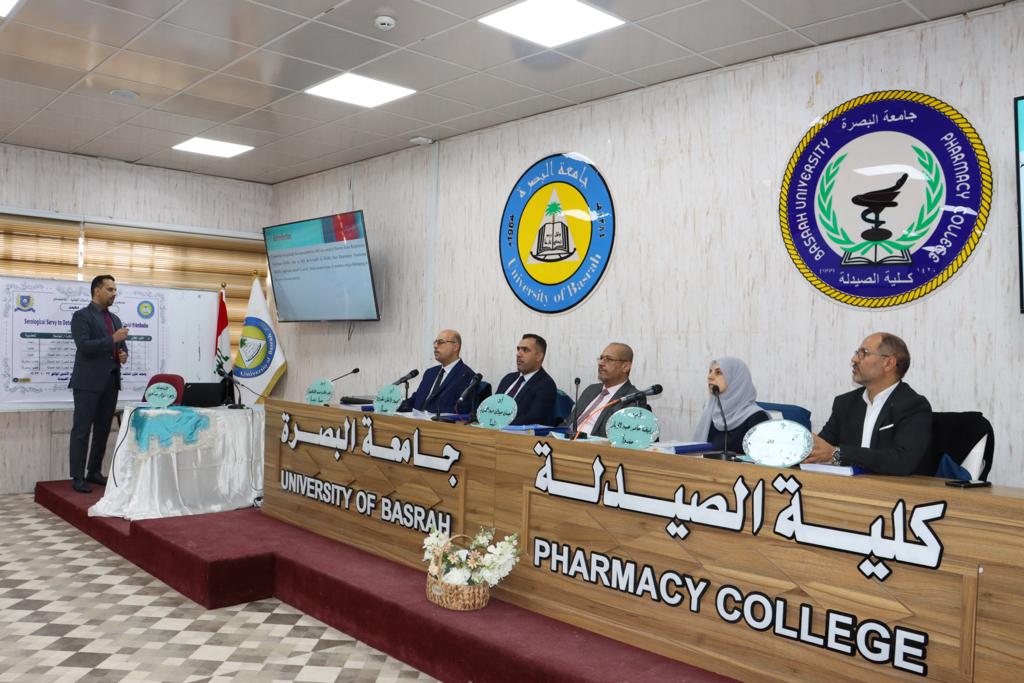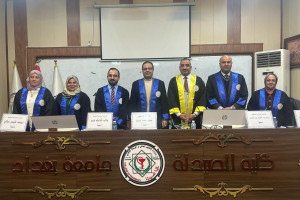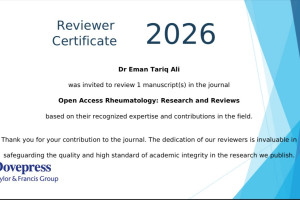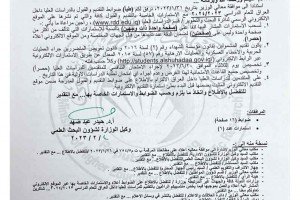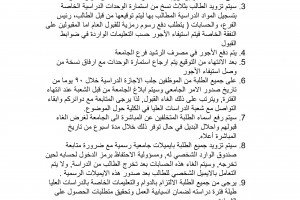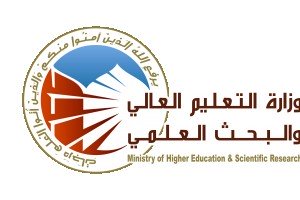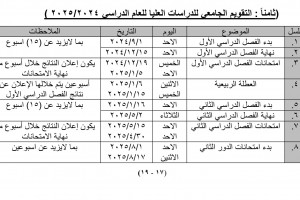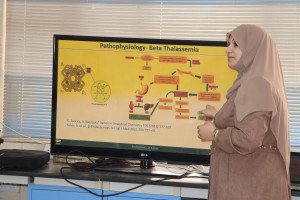
A master’s thesis at the College of Pharmacy at the University of Basrah discussed (Immunobioinformatics as a new approach to the mutual interaction of Covid-19 epitopes with different antigens)
Researcher Ahmed Nizar Menahi’s thesis included the use of gold nanotechnology, indirect ELISA testing, and other serological tests to discover the common interaction between healthy individuals who were vaccinated with the Pfizer vaccine and those who were not vaccinated and various types of bacteria, for example (E. coli, Enterobacter, Pseudomonas aeruginosa Bacillus). , Klebsiella pneumonia, Staphylococcus aureus) whether using with or without sound waves. In addition, for evaluation purposes, some probiotics or bacterial antigens can stimulate immunity and produce antibodies similar to those produced by COVID-19.
The current study aims to examine bacterial antigens for co-reactivity with COVID-19 antibodies using the National Bioinformatics Database (NCBI) and immune response techniques and evaluate some probiotics or bacterial antigens to stimulate immunity by producing antibodies similar to antibodies produced by the COVID-19 virus.
The benefit of this study is the possibility of manufacturing a vaccine against Covid-19 and a factory made from the protein sequences of some types of bacteria, as well as through the use of some probiotics, through the use of immunoinformatic servers such as the BLASTp tool service from the National Center for Bioinformatics website (NCBI).
The results showed a high cross-reactivity in the ELISA tests, and a significant correlation was found between the serum antibodies of individuals vaccinated with the Pfizer vaccine and those who were not vaccinated with the antigens of the isolated bacteria, which indicates the possibility of strengthening the immune system using bacterial probiotics.
.jpeg)
